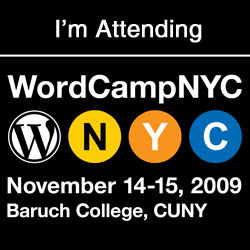
My post for
last year's Blog Action Day on poverty focused on my friend Halle's fair trade organization in Uganda,
One Mango Tree.
This year's topic is climate change, and I'm equally excited to talk about the work another of my friends is doing. For the last six weeks I've been working with
Global Voices on a project with
MS Action Aid Denmark called
Global Change.
Global Voices has paired its own bloggers — myself included — with students in the Global Change course, who have been studying climate change and climate justice in preparation for the United Nations Climate Change Conference in Copenhagen in December.
I met
Sarah through the project: she's a student in Copenhagen, and she's leaving in a few days for Kenya with some
other Global Change-ers, where the group will continue their studies and, hopefully, bring back stories of how climate change is affecting people's lives there.
Today Sarah and her colleagues are in front of the Danish Parliament, where they're observing
World Food Day by banging pots and pans to, in Sarah's words, "get the politicians to pay attention to the fact that 1 billion people are suffering from hunger right now."
It can be easy to forget that climate change is about more than trees and cuddly animals and fish swimming around in some distant ocean — all of which I care about, don't get me wrong (especially the cuddly animals). But climate change also has real, physical effects on humans: it's altering weather patterns in unpredictable ways, causing crops to fail for lack of rain in some places while floods wash away entire fields in others.
Climate change is one of the driving forces behind the
world food crisis, which, as Sarah pointed out, affects a substantial portion of the world's population.
To sum up: Climate change. It's not just koalas.
Kudos to Sarah and the entire
Global Change crew for realizing this.
Labels: climate change, food, global voices










